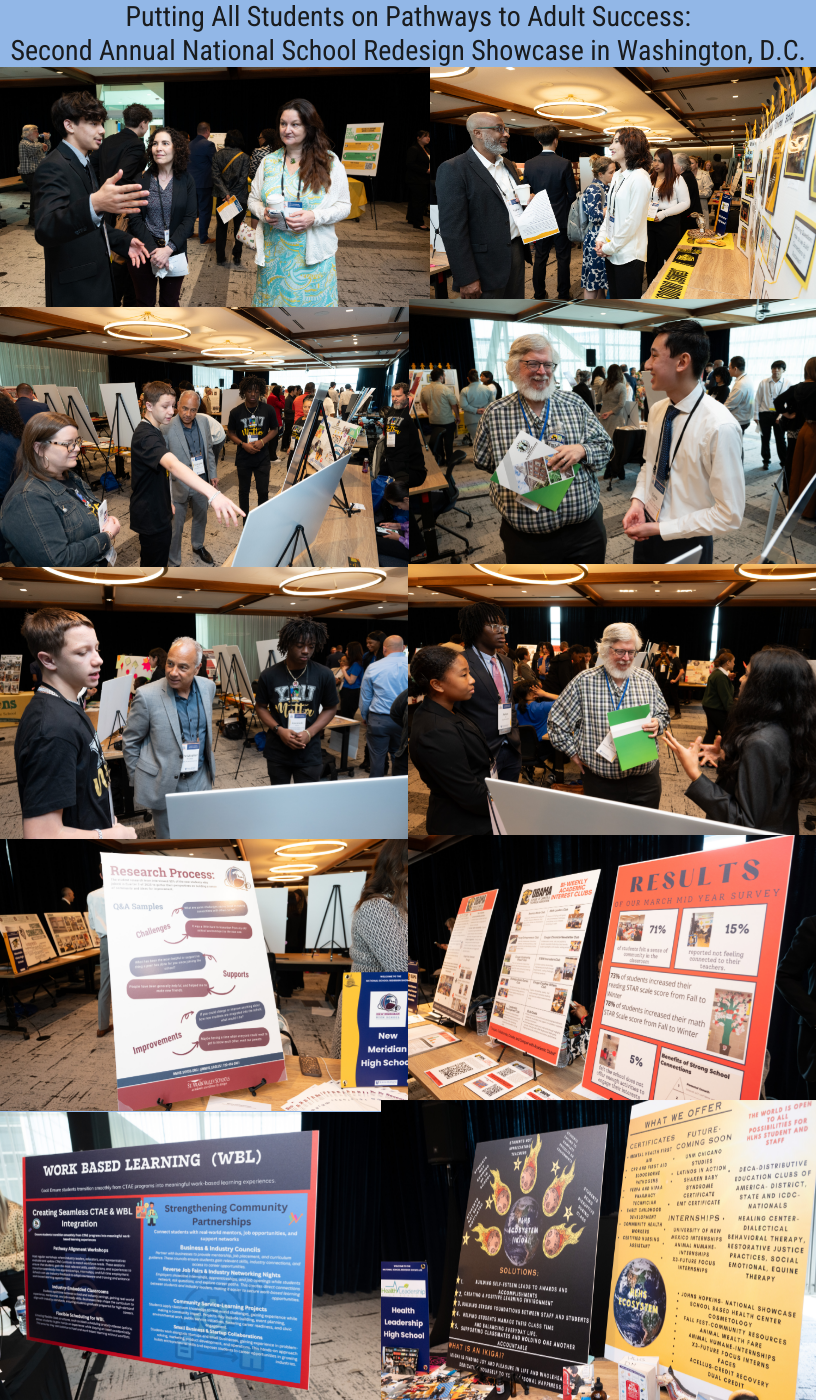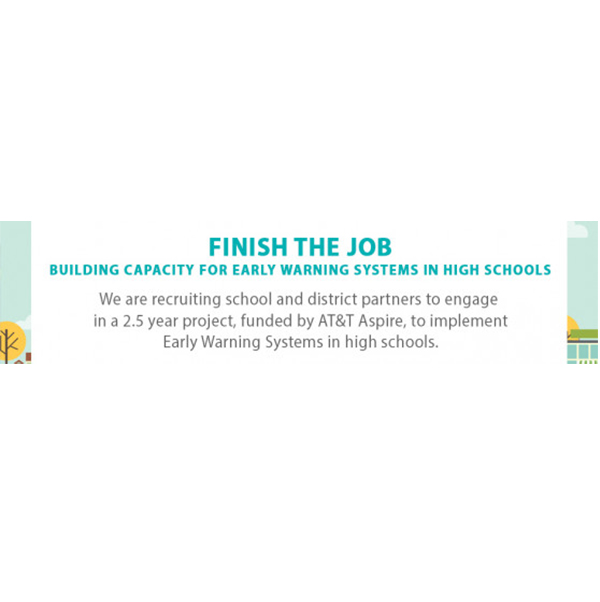TDS Initiatives
Projects
GRAD Partnership
The GRAD Partnership brings together nine organizations to partner with schools, districts, and local community organizations to create the conditions needed to bring the use of evidence-based Student Success Systems from a new practice to a common practice. We need new and improved student support systems to enable all students to thrive in pandemic-impacted times. We are uniquely positioned to achieve a transformation at scale, to support more students’ graduation and pursuit of postsecondary pathways – in particular for students who are Black, Indigenous, unhoused, English Language Learners, with disabilities, and/or those experiencing poverty.
We need new and improved student support systems to enable all students to thrive in pandemic-impacted times. TD with the other members of the GRAD Partnership, is uniquely positioned to achieve a transformation at scale, to support more students’ graduation and pursuit of postsecondary pathways – in particular for students who are Black, LatinX, Indigenous, unhoused, English Language Learners, with disabilities, and/or those experiencing poverty. Each of the organizing partners has made significant contributions to on-track work and the communities they serve. By collaborating in service of a shared mission, we can have greater impact than by working alone. Pooling our experiences and learnings, as well as creating a shared definition of high quality and some common tools, builds all our capacities. We share a deep commitment to equity and anti-racism and belief in student, educator, family and community agency. We can do more together, with greater impact, than if we work alone.
https://www.gradpartnership.org/
Annie E. Casey On-Track to Career Success
After extensive planning and work building multiple partnerships, the On Track to Career Success (OTCS) project was launched in Albuquerque, New Mexico, and New Orleans, Louisiana in early 2020. The OTCS project works with partner schools and communities to create a framework to support all students, including the most marginalized, on a path to high school graduation, post-secondary schooling and/or training, and a career with a family-supporting wage.
At about the same time, the COVID-19 pandemic hit and disrupted so much of our lives. Carefully designed plans were pushed aside amid new health restrictions. The next two years were defined by uncertainty and stress, as schools moved to online instruction and then hybrid schooling, forcing educators, nonprofit partners, and community members across the country to reimagine education. Such challenges were perhaps steeper at the OTCS schools, which serve Black, indigenous, and other people of color in historically underserved communities that were among the hardest hit by the pandemic.
Despite these challenges, five key insights were gleaned from the project’s first two years and are summarized in the report, Pandemic Insights: Reflections from the On Track to Career Success Project, and will be of value to educators, funders interested in systemic educational reform, workforce providers, researchers, and others:
- Schools Play a Critical Role Connecting Students and Staff — An Essential Building Block for Emotional Well-Being and Success
- Relationship Building and a Focus on People’s Well-being are Essential
- Flexibility and Adaptation are Necessary Ingredients
- Building and Sustaining Partnerships Requires Ongoing Work and a Shared Context
- The Pandemic Promoted Rich Conversations as Schools Looked for New Solutions


On Track to Career Success
Co-Designing with Students: Learnings from the On Track to Career Success Project
This paper will be of value to educators, funders interested in systemic educational reform, workforce providers, researchers, higher education leaders, and other community-based partners.

Finish the Job – Building Capacity for Early Warning Systems in High Schools
A system to identify, monitor and respond to student indicators with the most effective interventions is needed now more than ever as schools prepare to open after COVID-19 closures.
Read more